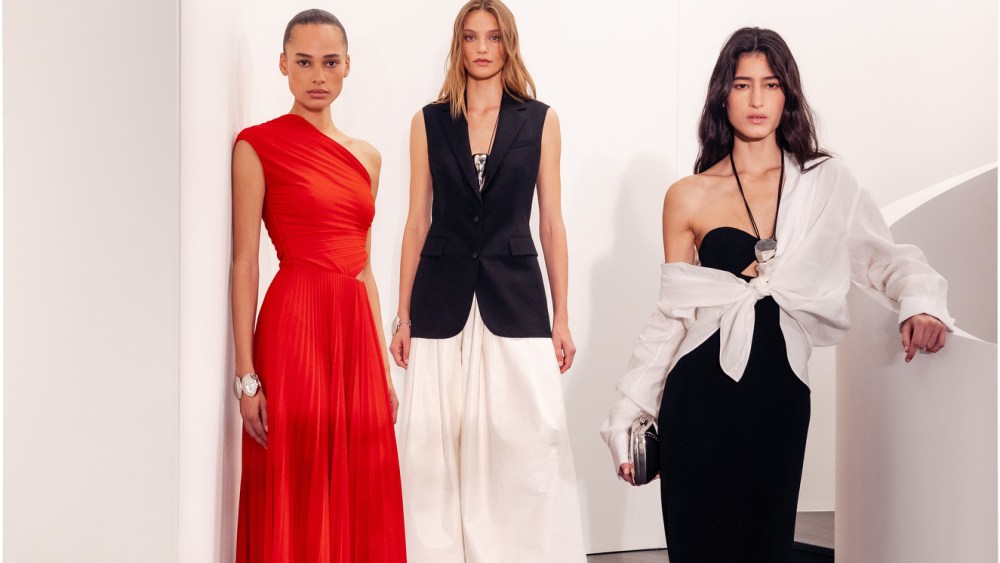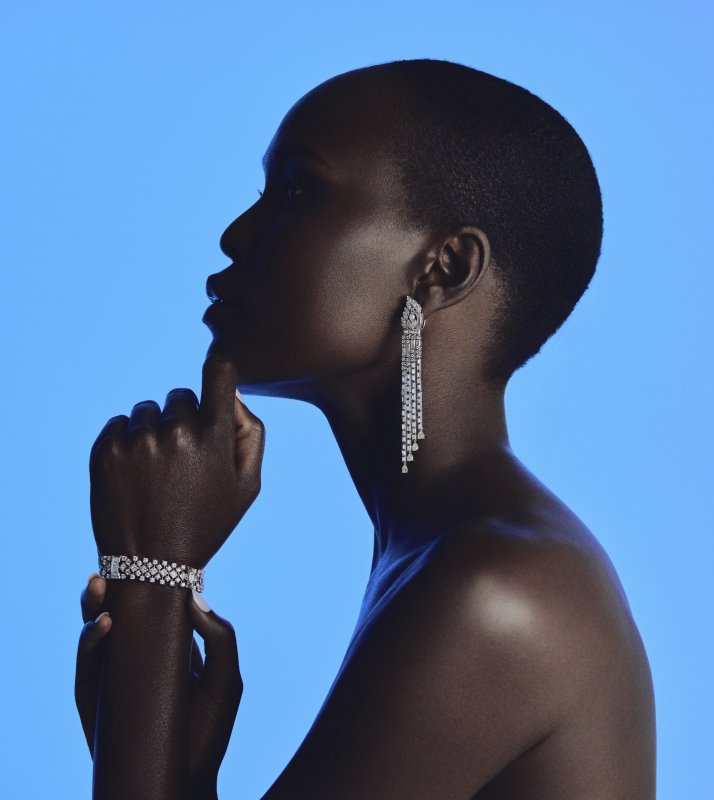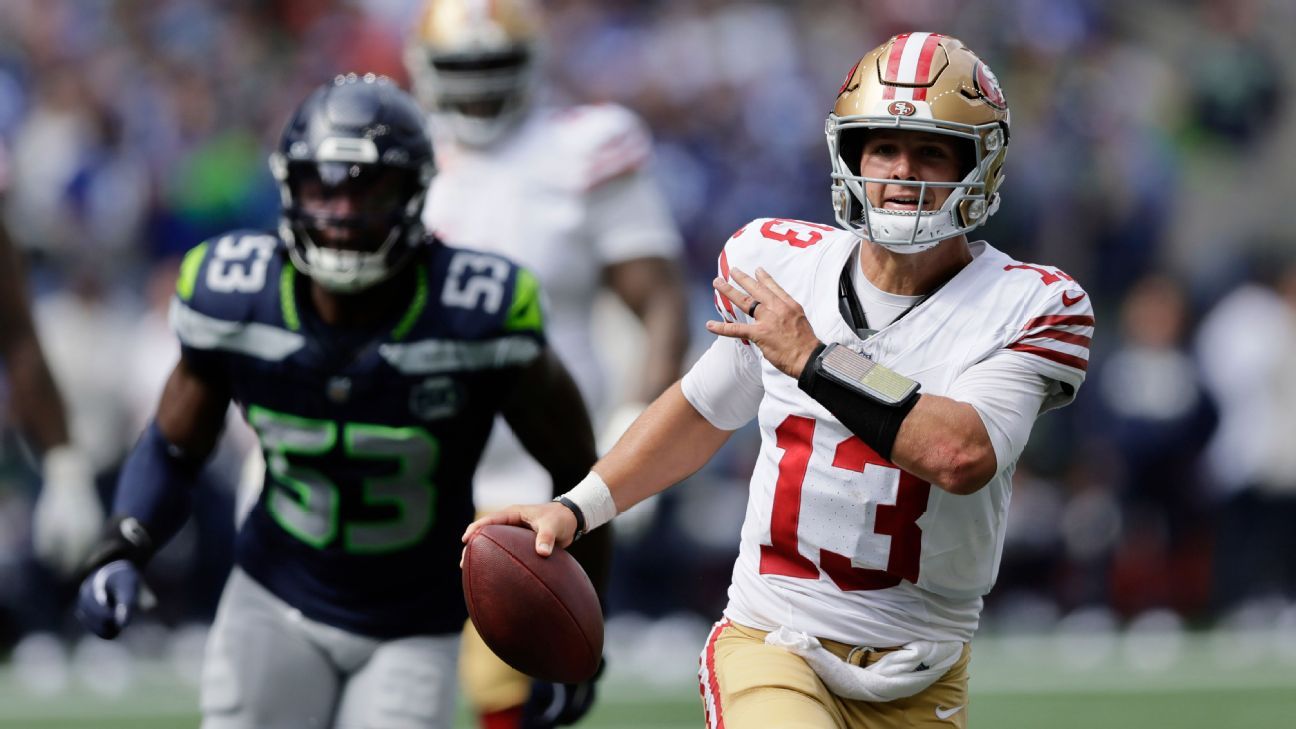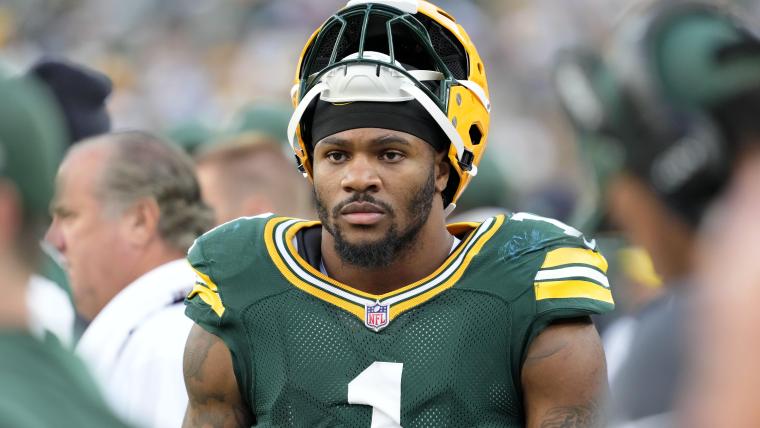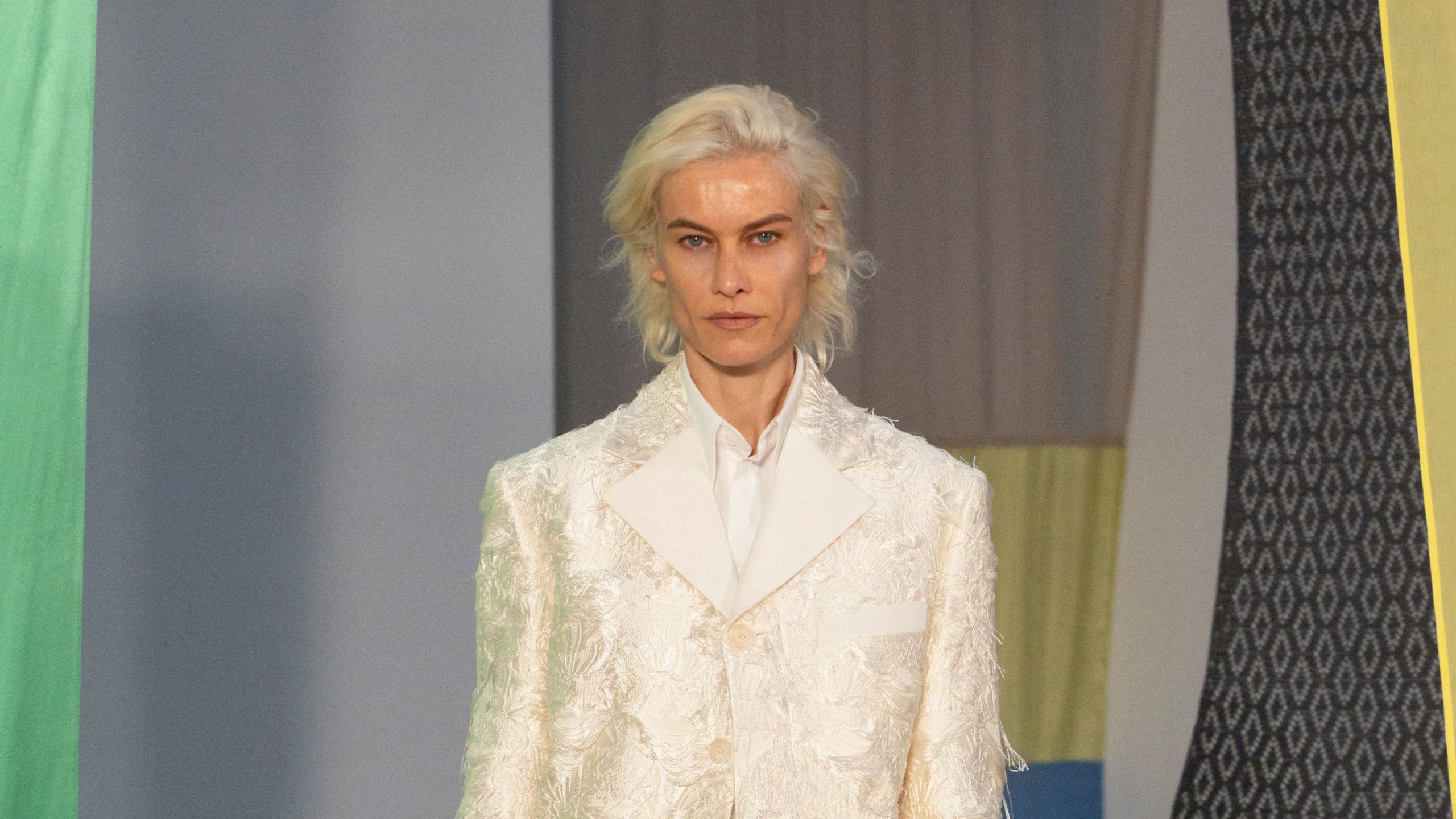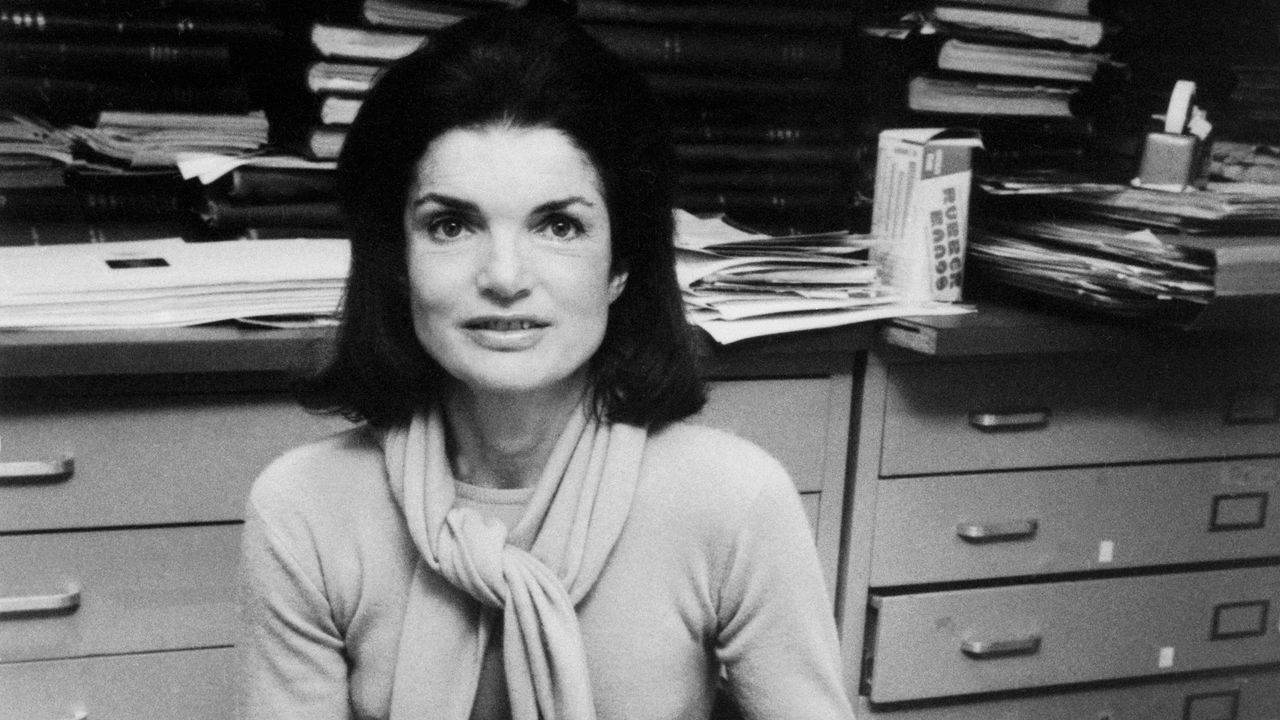
When I moved back to New York City, I had a series of lunches with Jackie at ‘21.’ The waiters all knew her favorite, fish Florentine, and for dessert, pistachio ice cream. We were both more relaxed now that my novel was scheduled to come out in July. Jackie talked about her children, Caroline and John. She was distressed I didn’t value motherhood more. While she admitted that of course she hadn’t been “chained to the dishwasher,” she said that motherhood was the most creative and joyful part of her life. Conversation often came back to my character Emily, a single mother raising a teenage son. Jackie was interested in Emily’s passionate nature and how it affected her parenting.
I myself am now a single mother struggling to meet my daughter’s needs as well as my own, and I realize Jackie, too, had to balance romantic relationships with motherhood. Her advice on the seriousness of parental stewardship is never far from my mind. “If you mess up your children,” she once said to me, “nothing else you do really matters.”
Not long after my book came out, I was walking down Madison Avenue on Manhattan’s Upper East Side. I felt at loose ends. Jackie had told me she hoped we’d work together again but that she was busy now with next season’s authors. A postpartum depression set in; no matter how good the reviews, I felt my novel hadn’t fulfilled its promise, and to begin a new project seemed exhausting. As I ambled down the avenue I glanced into a bookstore and saw a dozen copies of Up Through the Water in the window. I went inside and asked the lanky college boy at the register about my book.
“It was totally trippy,” he told me. Jacqueline Kennedy Onassis had come in wearing her big black sunglasses and left a note for the manager. The manager, an older man in khakis and a blue oxford shirt, rushed over. Did I want to see it? I nodded. He returned with the familiar blue paper covered with Jackie’s long loose cursive script. “Up Through the Water is a fine first novel, which I edited myself. A case of books is winging its way to your store.”
“Of course,” the manager said, “we set up the window display as soon as the books arrived.”
I was, while grateful for the exposure, a little disappointed Jackie’s celebrity status was behind the bookstore’s enthusiasm. I didn’t identify myself as the novel’s author, just smiled, thanked the manager, and left.
Back on the street I walked to the subway station for the train that would take me back to Brooklyn. My life after publication hadn’t changed that much; I was still waitressing and worried about paying the rent. Jackie had been like a fairy godmother: Her attention was magical, but now she was off sprinkling fairy dust on somebody else. I thought of her in her dark sunglasses as she got into the back of her chauffeured sedan. Jackie’s life was both privileged and tragic, but she’d become neither jaded nor fearful. I needed to be careful. I didn’t want to be one of those unhappy people who made all the trouble in the world. I wanted to be like Jackie: a little bit imperious, endlessly enthusiastic, and full of grace.
#Archives #Vogue #Revisits #Jackie #Kennedys #Literary #Legacy #Doubleday #Book #Editor

